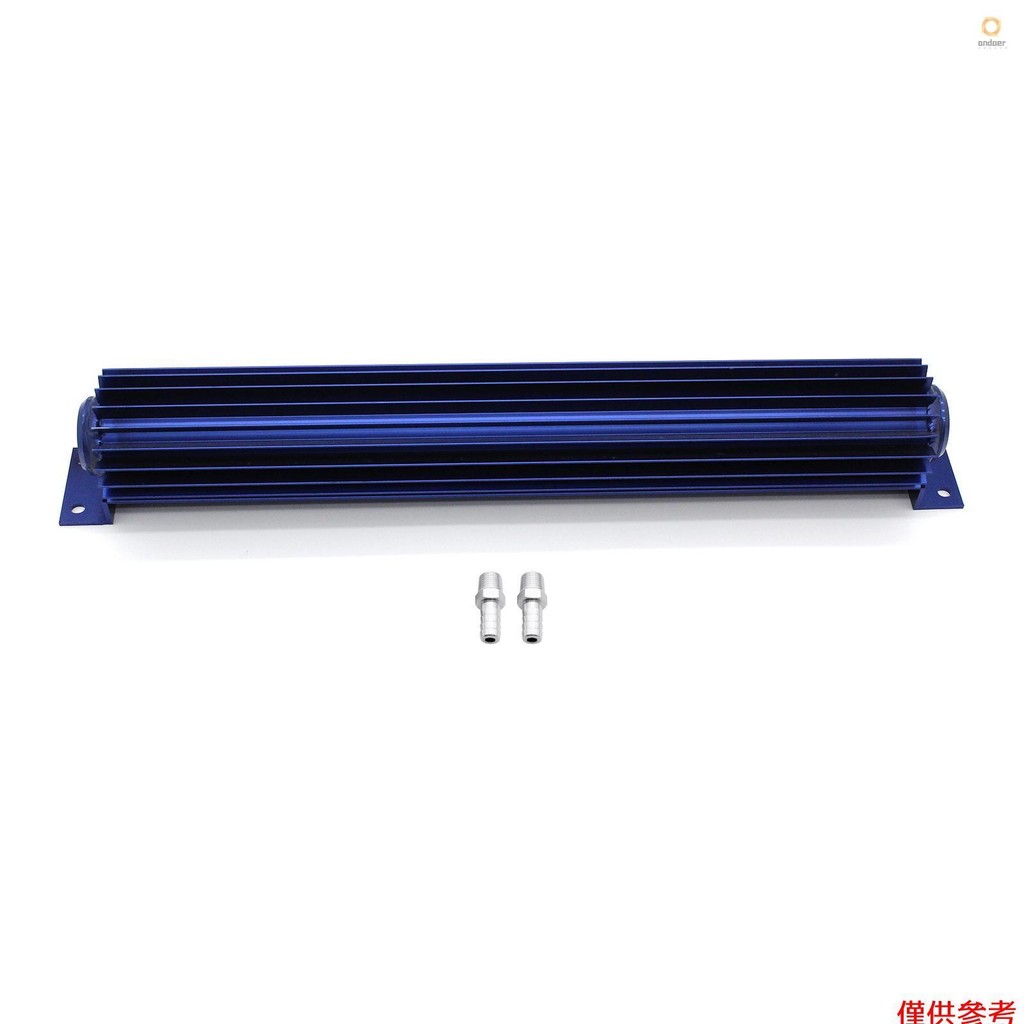Oil Cooling Systems Explained: The Secret to Optimal Engine Performance
In the world of auto engineering, one part often neglected is the oil cooling system. While most car enthusiasts might focus on powerful engines or the latest technology in fuel efficiency, the function of oil coolers is key for sustaining the health and longevity of an engine. These often-ignored components play a major role in regulating the temperature of engine oil, making sure that it stays within optimal levels for efficient lubrication and performance. Without a working oil cooler, engines can experience overheating, leading to greater wear and tear, diminished efficiency, and ultimately, potential failure.
Oil cooling systems function on a straightforward yet efficient principle: they disperse heat from the engine oil as it circulates through the cooling mechanism. By reducing the oil temperature, these systems help preserve viscosity and guarantee that the oil can adequately lubricate critical engine elements. In summary, oil coolers are important to a healthy engine, assisting to prolong its life and improve overall performance. Recognizing their importance is crucial for any car owner looking to maintain their vehicle functioning properly for a long time to come.
What is an Oil Cooler?
An oil cooler is a vital component in numerous modern vehicles that are designed to maintain ideal oil temperatures inside the engine. It typically functions as the heat exchanger, enabling engine oil to cool down as it flows through the cooler, consequently preventing overheating. Oil coolers are often used in high-performance and heavy-duty vehicles, in situations where the engine operates under more conditions.
The main purpose of an oil cooler is to ensure that the engine oil remains within a specific temperature range. When oil gets excessively hot, it can lose its lubricating properties and result in increased wear and tear on engine components. An oil cooler helps lessen this risk by transferring heat from the oil, allowing it to function properly at various temperatures.
Oil coolers come in different designs, including air-cooled and liquid-cooled models. Air-cooled oil coolers use ambient air to reduce oil temperature, while liquid-cooled versions use the engine's coolant system for a more efficient cooling process. Regardless of the design, the presence of an oil cooler is vital in promoting engine longevity and improving overall performance.
How Oil Cooling Systems Work
Oil coolers work by reducing the temperature of the engine oil as it flows through the system. When the motor runs, friction creates heat, and this heat can raise the oil temperature to points that may affect its ability to lubricate effectively. The cooling system assists control this heat by pulling heat out of the engine oil and moving it to a coolant, usually either air or liquid coolant, depending on the construction of the cooler.
The oil cooler typically is made up of a set of tubes or fins that permit the oil to move along them while presenting the oil to the cooler medium on the outside. As the heated oil passes through the cooling system, the heat dissipates into the ambient air or coolant, which aids reduce the temperature of the oil before it returns back into the engine. holden cruze oil cooler ensures that the engine oil retains its ideal viscosity and lubricating properties, which are vital for motor performance and durability.
In addition to regulating oil temperature, cooling systems also enhance overall motor functionality. By maintaining cooler temperatures of oil, the engine can function at a more consistent heat level, reducing the stress and wear on the parts of the engine. This not only improves the functionality of the engine but also contributes to extend its lifespan, making oil coolers an essential part in maintaining a happy motor.
Benefits of Using an Oil Cooler
A cooler for oil plays a critical role in sustaining optimal engine performance by efficiently regulating oil temperature. When the oil temperature elevates beyond the acceptable level, it can lead to elevated viscosity, decreased lubrication, and higher friction between engine components. By keeping the oil cooler, the engine functions more efficiently, making sure that all moving parts receive the required lubrication to function properly and lower wear over time.
A further advantage of installing an oil cooler is the boost of engine longevity. High oil temperatures can result in the breakdown of the oil, resulting to the formation of sludge and harmful deposits. This degradation not only impairs the oil's ability to lubricate but can also cause higher engine wear and possible failures. By providing a dependable cooling solution, oil coolers help preserve the integrity of the oil and lengthen the life of the engine, in the end shielding drivers from costly repairs.
Furthermore, oil coolers contribute to general vehicle performance, especially in challenging driving conditions such as towing or racing. Under heavy loads or extended use, an engine can become considerably hotter, which can compromise performance and efficiency. An oil cooler helps in dissipating the additional heat generated during such operations, allowing the engine to perform at its best without overheating. This leads to improved throttle response and greater fuel efficiency, making oil coolers an vital component for any performance-focused driver.
